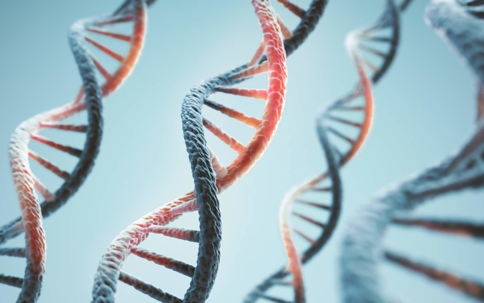Q: How is genetic genealogy being used in criminal cases?
Thanks to television and the silver screen, virtually everyone knows that crime scenes are taped off or otherwise secured so investigators can collect fingerprints, DNA, and other evidence to help build a case and lead them to the arrest of a suspect. DNA evidence can be found in blood, saliva, other bodily fluids, feces, hair, skin, teeth, nails, tissue, and more.
We all have unique DNA, but our blood relatives’ DNA shares some similarities. It’s those similarities that lead some people to search for lost relatives using the results of popular DNA test kits like 23 & Me or Ancestry. But El Paso criminal defense attorneys know this DNA information is also accessed for other purposes by criminal investigators.
When DNA evidence is found at the scene of a crime, it may be run through large law-enforcement databases in the hope it will match someone whose DNA profile is already in the system. But this obviously won’t help if the DNA at the crime scene comes from someone who is a first-time offender or whose DNA is not otherwise in the database yet. It should be noted that the results can also help rule out persons of interest as suspects.
More recently, investigators are turning to public genealogy databases to help crack cases. With the widespread use of DNA test kits and users’ voluntary submission of their DNA to the databases, investigators may be able to build a family tree– through relatives’ results– that leads them to a suspect, even if the suspect has not taken their own DNA test.
You may remember that this technology was used to make an arrest in The Golden State Killer case – a decades-old serial murder case. More recently, this technology led to the arrest of a suspect in a fresh double murder case involving an elderly woman and her son who were reportedly victims of a random act of violence by a stranger passing through their state.
With so much to potentially lose if convicted – your freedom and other collateral consequences – shouldn’t you trust your fate to an attorney with a proven track record of success?
What are collateral consequences of a criminal conviction?
In addition to losing your freedom if you are imprisoned upon a conviction, collateral consequences are the other losses and restrictions that may come with a criminal conviction. Collateral consequences may come either through or outside of sentencing. Examples include prohibitions or restrictions that affect your opportunities to access:
- employment,
- occupational licensing,
- housing,
- voting, and
- education.
With prosecutors accessing and attempting to use powerful, cutting-edge and potentially damaging DNA evidence against you, it’s important to hire a criminal defense attorney with the skills to level the playing field. Brock hosted a collateral consequence CLE for New Mexico Criminal Defense Lawyers Association on March 27th, 2020.
If you have been arrested or expect to be charged with a felony or misdemeanor in state or federal court, the Benjamin Law Firm can help you. Contact us today for a consultation.
From our office in El Paso, we defend clients throughout Texas, as well as those arrested while visiting Texas, against the full spectrum of criminal charges with aggressive legal representation. We believe everyone is innocent until proven guilty and will treat you with respect.
The post DNA Profiles of Relatives Can Lead to Criminal Charges Against You appeared first on Benjamin Law Firm.

